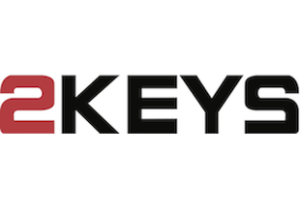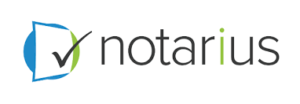The Digital Identification and Authentication Council of Canada Releases Second Proof of Concept – Online Proof of Residency
Moving Real World Transactions Online – Building Canada’s Digital Economy
Toronto, June 14, 2016 – The Digital Identification and Authentication Council of Canada (DIACC) today released its second proof of concept report – online proof of residency.
“Driving innovation and developing the frameworks that enable businesses and governments to move real world transactions online in a way that increases privacy, security and efficiency is a core focus for the DIACC and our members,” said Dave Nikolejsin, DIACC Chair.
Residency is used by governments, the private sector and the social-profit sector to ensure that eligible clients receive the products and services they need. For example, residency is used to determine tuition fees for universities, provide access to regional business promotions, renew a driver’s licence and to enable access to community programs.
Today, to conduct a proof of residency clients must present themselves physically and provide a utility bill, financial statement or similar document that would demonstrate a tie to a physical address. This experience is neither privacy enhancing nor convenient for the client, and organizations are forced to maintain antiquated processes that are increasingly susceptible to fraud. In short, it is a lose-lose situation.
Recognizing this challenge, and an ongoing desire to move to digital services, the DIACC has undertaken a review of the opportunity to modernise a proof of residency experience; one that places the client, and their privacy, at the centre of the process.
“By putting the client at the centre of the proof of residency, the DIACC was able to focus on developing an online proof of residency framework that is privacy enhancing, secure, transparent, robust and efficient,” added Eros Spadotto, DIACC Vice-Chair and Executive Vice-President, Technology Strategy, TELUS. “Control is in the hands of the client. The client initiates any requests. No information is requested or shared without the express and clearly informed consent of the client”.
Building upon the success of the DIACC’s first proof of concept – enabling Canadian residents to open bank accounts entirely online – the DIACC is leveraging its unique combination of private and public sector members to develop made in Canada frameworks that will enable Canadian businesses, governments and citizens to leverage the global digital economy and drive innovation. The DIACC is committed to working with the Canadian government and all partners to develop an Innovation Agenda for Canada that works for all Canadians.
“Canadians are among the world’s top digital users. We spend over 40 hours a month on-line registering for school, interacting with governments, banking, shopping and connecting with friends and family. Canada’s total digital population is 29.4 million and growing,” said Graeme Gordon, DIACC Board member and Vice President of Digital Channels, Canada Post. “Canadians -our businesses, our governments, our social-profit community and our people – will all benefit from the innovation, security, and convenience of a more digitally connected Canada”.
About the Digital ID and Authentication Council of Canada (DIACC)
Created as a result of the federal government’s Task Force for the Payments System Review, the DIACC is a non-profit coalition of public and private sector leaders committed to developing a Canadian digital identification and authentication framework to enable Canada’s full and secure participation the global digital economy. DIACC members include representatives from both the federal and provincial levels of government as well as private sector leaders.
The DIACC’s objective is to unlock economic opportunities for Canadian consumers, and businesses by providing the framework to develop a robust, secure, scalable and privacy enhancing digital identification and authentication ecosystem that will decrease costs for governments, consumers, and business while improving service delivery and driving GDP growth.
Contact:
twolf@diacc.ca

